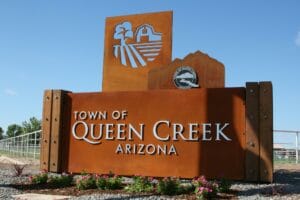 A new study finds that the emergency extensions of unemployment benefits during the recession went a long way toward preventing mortgage defaults, even more than government programs meant to prevent foreclosures by focusing only on reducing monthly payments.
A new study finds that the emergency extensions of unemployment benefits during the recession went a long way toward preventing mortgage defaults, even more than government programs meant to prevent foreclosures by focusing only on reducing monthly payments.
Linda Prevost at The New York Times reports researchers from the Federal Reserve Board of Governors, in Washington, and the Kellogg School of Management, at Northwestern University, estimate that between July 2008 and December 2012, the $250 billion paid out in federally funded unemployment benefits helped prevent an estimated 1.4 million foreclosures.
The averted foreclosures saved $70 billion in social costs, which include the cost of foreclosure transactions to the lender and borrower, property depreciation and declines in neighboring property values.
The study found that the states that increased their benefit levels the most showed larger declines in mortgage delinquencies. A $3,600 difference in maximum regular benefits reduced the average mortgage delinquencies associated with layoffs by 15 percent.







